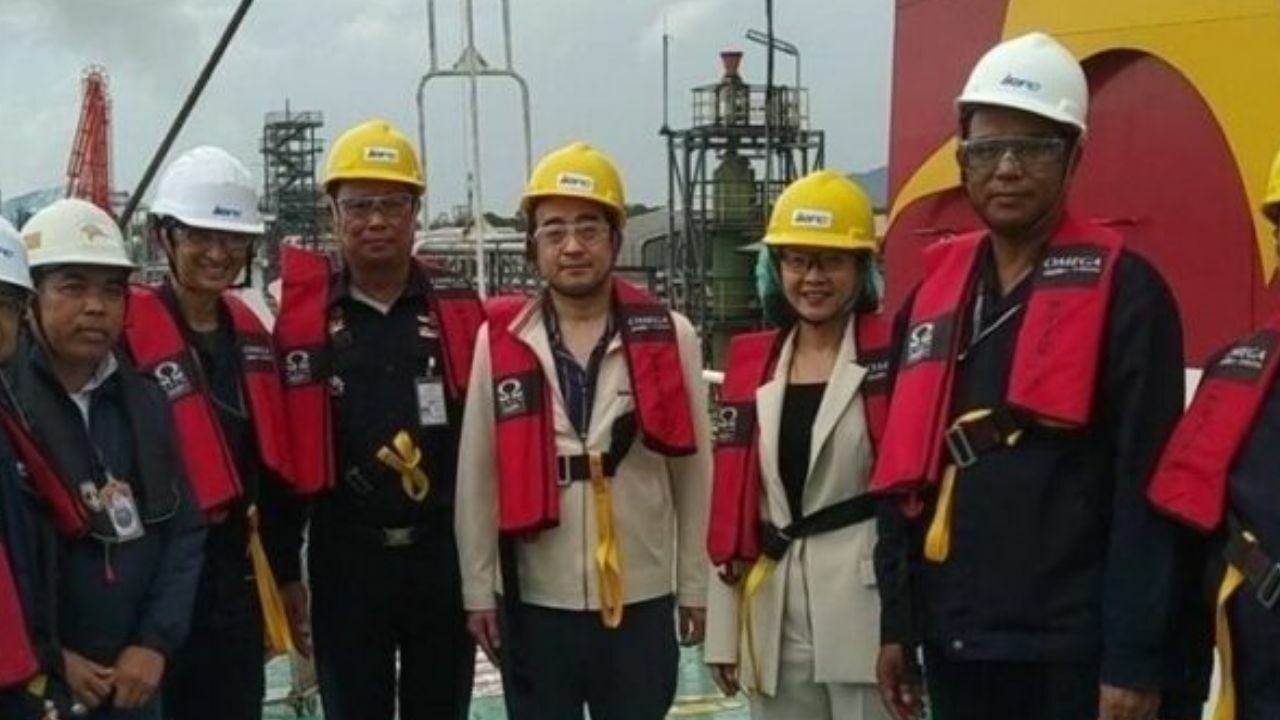Thailand crackdowns on illegal green oil use in fishing industry
Real-time tracking steps up fight against illegal fuel use

Deputy Finance Minister Paopoom Rojanasakul launched an initiative in Rayong province to tackle the illegal use of green oil, a diesel meant for fishermen. The effort involves utilising technology to monitor shipping routes in real-time through RTS and AIS systems.
Paopoom emphasised that his visit to Rayong was focused on overseeing the control and regulation of green oil to prevent its misuse. This diesel, which enjoys tax-free status, is primarily for use by fishermen operating in the kingdom’s contiguous zones, specifically between 12 and 24 nautical miles.
The initiative aims to support Thailand’s fishing industry by providing diesel at a lower cost than onshore prices, benefiting over 7,000 vessels across 22 coastal provinces.
However, the lower price of green oil has led to various forms of smuggling, such as bringing it back from the sea to sell within territorial waters or on land. Other illegal activities include tanker ships selling green oil to ineligible vessels, such as foreign fishing boats, or bringing tankers into territorial waters to sell the diesel.
To address these issues, Paopoom instructed the Excise Department to tighten regulations with a comprehensive five-measure approach:
1. Registration and Conditions: All types of vessels wishing to participate in the green oil project, including oil tankers, service station ships, continuous oil-carrying vessels, and fishing boats, must register with the Excise Department and strictly adhere to established guidelines and conditions.
2. Monitoring Sales at Every Stage: Technology will be employed to oversee the green oil distribution process from refineries to fishing vessels. A system to verify sales data, detailing recipients, quantities, dates, and times, will be implemented. Additionally, all vessels will be equipped with gauges to monitor the intake and distribution of green oil during each transportation phase.
3. Real-Time Surveillance Technology (RTS): This will be used to track the routes of oil tankers, ensuring they remain within the contiguous zones. Alerts will be issued if any irregular activities are detected.
4. Automatic Identification System (AIS): This system will monitor the behaviour and location of eligible fishing vessels to identify any unusual activities or routes.
5. Government Cooperation: Continuous collaboration and data integration with relevant agencies, such as the Customs Department, Marine Police Division, and the Royal Thai Navy, will be essential to systematically prevent and combat smuggling, reported KhaoSod.
Latest Thailand News
Follow The Thaiger on Google News:


























